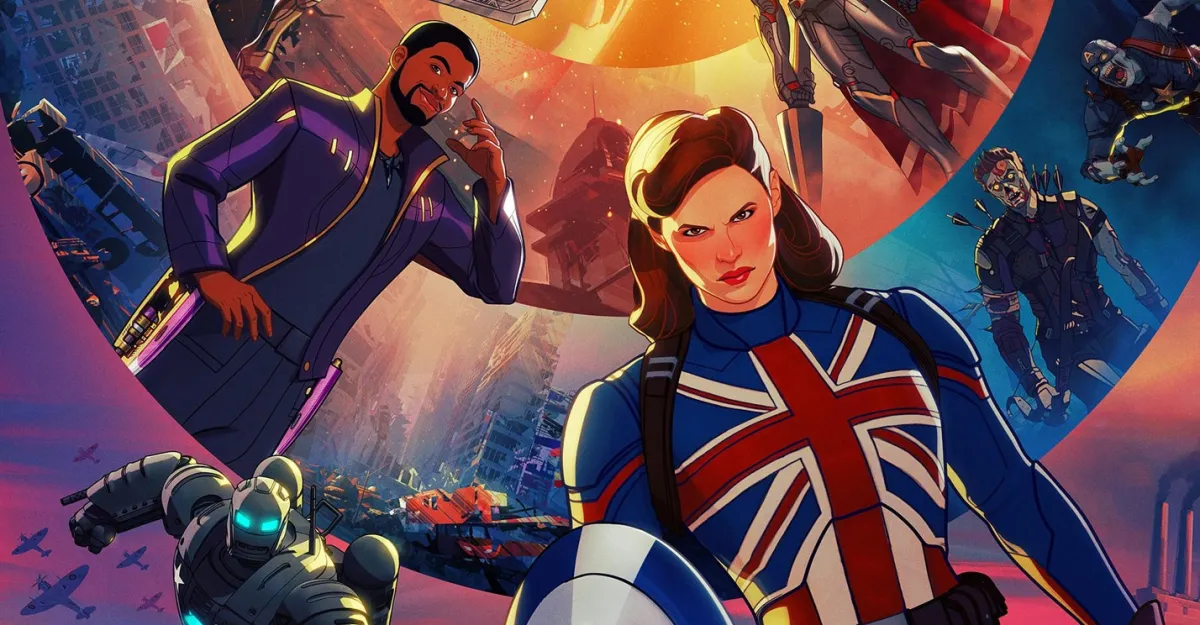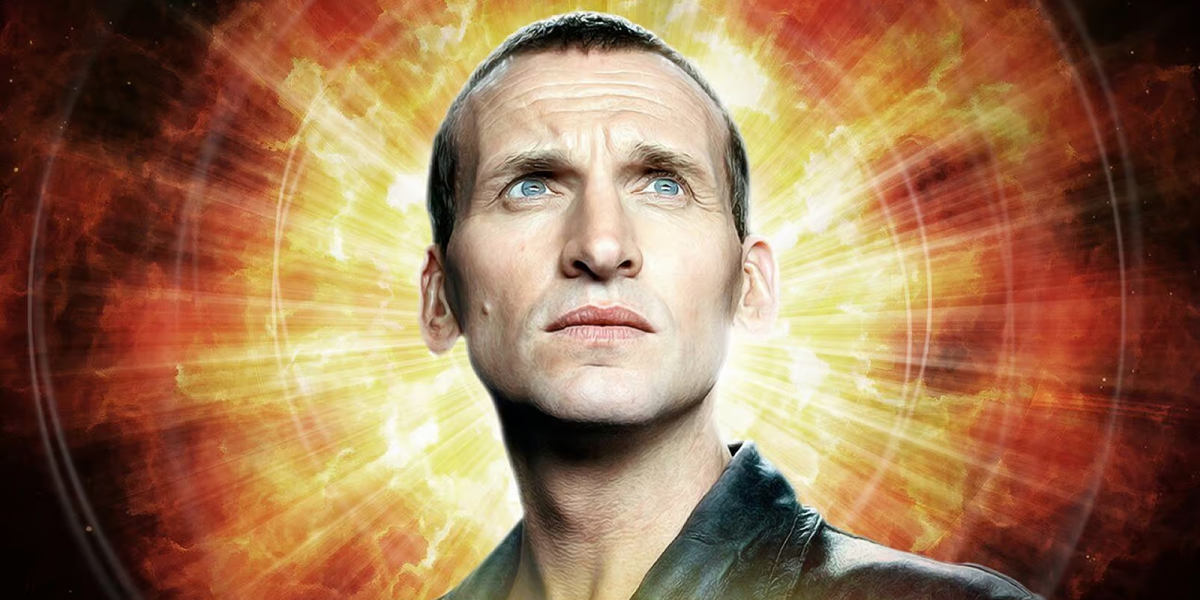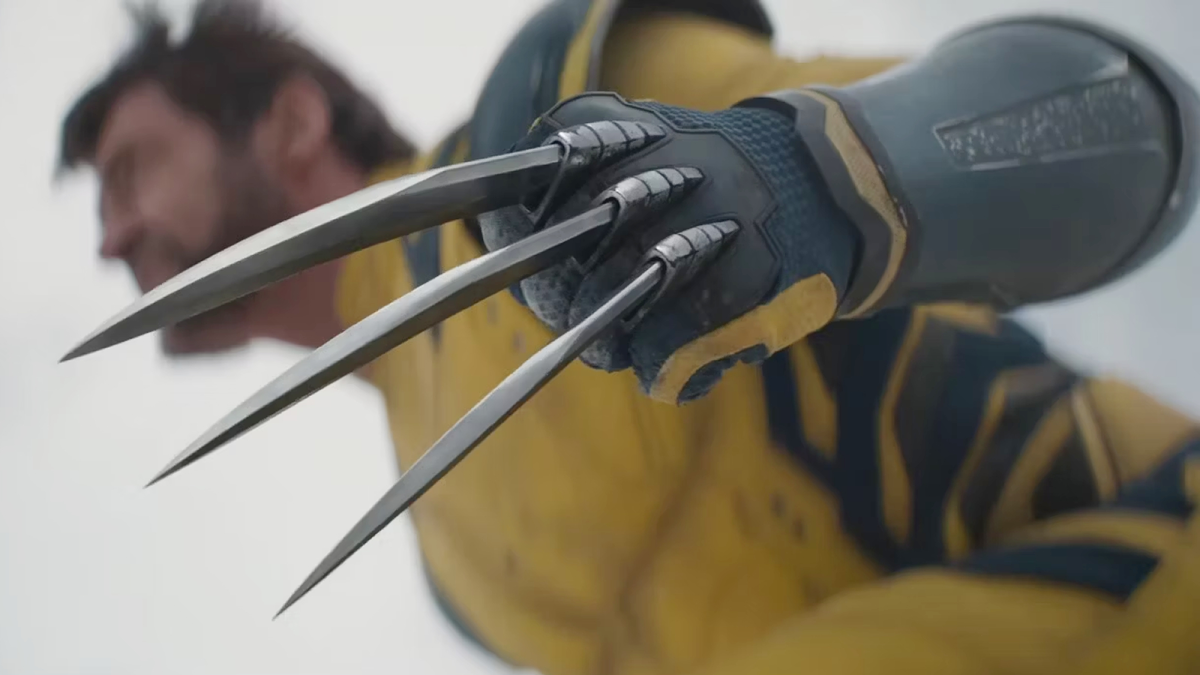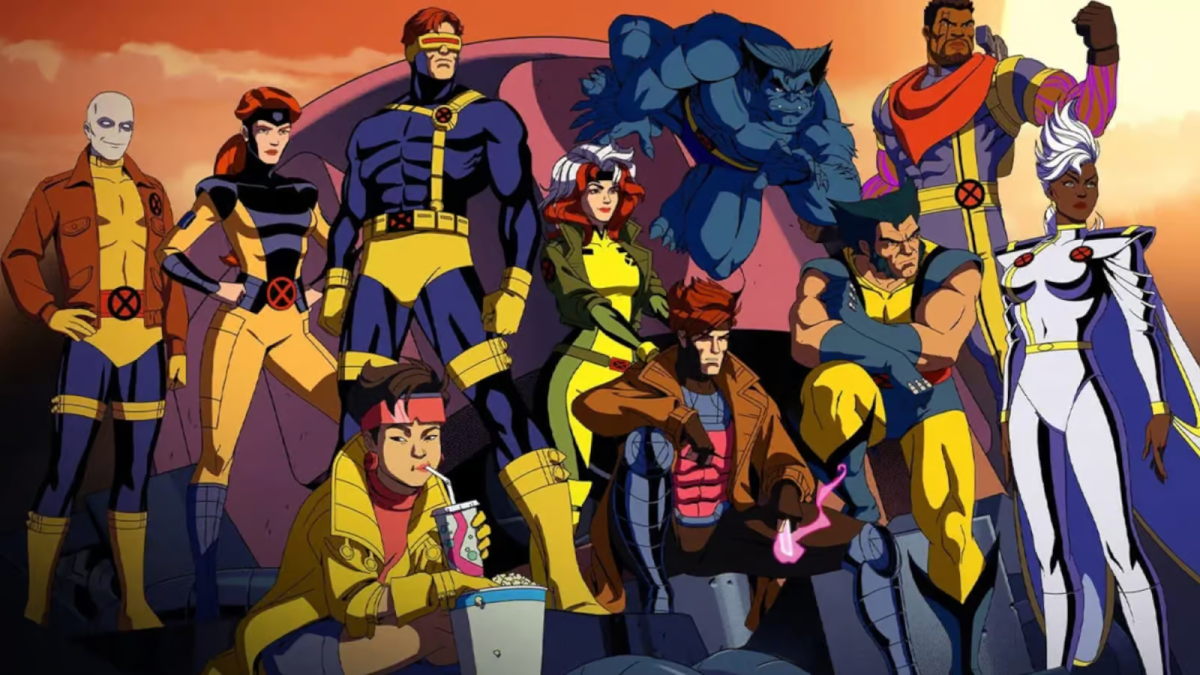One of the more interesting responses to Marvel’s What If…? anthology has been the suggestion that the show has used its opening two episodes to turn Peggy Carter (Hayley Atwell) and T’Challa (Chadwick Boseman) into “Mary Sues.”
The label “Mary Sue” generally applies to a character that the viewer thinks is either overpowered or simply unfairly favored within the narrative logic of the story. It can be a character who does physically impossible or statistically unlikely things, stealing the spotlight and dominating the narrative to a degree the audience finds unlikely.
What If…? is a set of possibilities spawned off the existing Marvel Cinematic Universe. Every episode looks at a moment in the fictional universe’s history and asks what might happen if things had gone slightly differently. The premiere asks what if Peggy Carter received the super-soldier serum in Captain America: The First Avenger instead of Steve Rogers (Josh Keaton). The second asks what if the aliens in Guardians of the Galaxy had abducted T’Challa instead of Peter Quill (Brian T. Delaney).
The results are varying degrees of interesting. In the first episode, Peggy Carter effectively speed-runs the plot of The First Avenger, condensing a two-hour movie down to 30 minutes, making sure to hit many of the key images and action beats along the way. In contrast, the second episode is a bit more radical. It is implied that T’Challa is such a fundamentally different person than Peter Quill that his presence in the cosmos effectively rewrites the entire history of the franchise.
While most fans and critics seem to enjoy the show, there has been a small but vocal contingent claiming that the show has effectively turned Peggy Carter and T’Challa into “Mary Sues” — fan fiction caricatures rather than fully nuanced and developed individuals. This response is sadly predictable, as “Mary Sue” has become a frustratingly common complaint. In recent years, it has been thrown at characters from Arya Stark (Maisie Williams) to Michael Burnham (Sonequa Martin-Green).

The term “Mary Sue” has its origin in fan culture. The name comes from a piece of Star Trek fan fiction, “A Trekkie’s Tale,” written by Paula Smith in December 1973. Smith wrote “A Trekkie’s Tale” as a deliberate parody of the kinds of fan-insert characters that were common in the fan fiction of the era. However, in the decades since the publication of that short story, the term has become a lot more nebulous and ambiguous.
Trying to define exactly what constitutes a “Mary Sue” often feels like Justice Potter Stewart’s definition of obscenity, in that whoever is complaining about it seems to just “know it when [they] see it.” It often feels like a convenient label that lends a certain authority to a speaker’s subjective distaste for a particular creative choice. After all, it must be bad if there is a term of art for it. It isn’t just a personal dislike; it is an objectively verifiable statement.
It’s hard to quantify exactly what that objective measurement is. Carol Danvers (Brie Larson) is “Captain Mary Sue” for having powers comparable to various iterations of Superman, but Tony Stark (Robert Downey Jr.) is just a guy who can crack time travel over a single night. Rey (Daisy Ridley) is a “Mary Sue” for surviving against a wounded and distraught Kylo Ren (Adam Driver), but Luke (Mark Hamill) is fine to use the Force to blow up the Death Star because he flew a T-16 airspeeder locally.
Of course, there are inevitably arguments back and forth in each of these examples, but that is just what they are: arguments. Some viewers like some characters and dislike others. Some audience members are more accepting of characters doing certain things than others. Some will bend over backwards to rationalize why the label applies to a character they don’t like while insisting that it absolutely could never apply to a character they do like. The term “Mary Sue” just lends it authority.

Of course, there are several things worth conceding when discussing the term “Mary Sue.” The first is that it is a term that is tied to a particular attitude towards fan fiction. After all, the implicit assumption is that using the term “Mary Sue” likens a work to fan fiction, and that comparison implicitly diminishes the work in question. It is not a “real” or “true” part of this larger pop cultural franchise; it is something of implied lesser merit.
There’s an interesting double standard at play here. After all, famous literature is full of the kind of authorial self-insert characters that could be categorized as “Mary Sues,” were audience members so inclined. Writer Sandra Newman has argued that Dante’s narrator in The Divine Comedy is a naked authorial insert with “Mary Sue’s mask slipping in every scene.” It’s still one of the great works of art. The same argument could be made of James Bond.
Of course, to be fair, part of this is simply to be expected. Many of these kinds of stories are power fantasies or “chosen one” narratives. The whole point of something like James Bond is for the audience to read the books and connect with an absurdly suave and sophisticated secret agent who just radiates sex appeal while always winning his bets and enjoying the finest things in life between saving the world from evil (and less physically perfect) maniacs.
It’s not really a problem that Luke is improbably skilled with the Force or that Tony Stark can solve any problem if left alone “in a cave with a box of scraps.” That’s the whole point. The audience looks at those characters and wants to escape into a fantasy where they might be so clever or so perfect or so strong. Indeed, it’s notable how extremely certain sections of the fandom reacted when it was suggested that Luke might be something less than perfect (and perhaps simply human) at times.

It’s worth bringing this discussion back to fan fiction and the implicit use of the label “fan fiction” (and associated terms) as pejoratives in modern pop culture. There is a solid argument to be made that virtually all popular culture is fan fiction at this point. Many of the major intellectual properties are so old that they are now being curated and maintained by creators who grew up as fans of earlier iterations. It is fiction, written by fans, applying their own interpretations of existing work.
The Marvel Universe has arguably been fan fiction since the second wave of creatives like Roy Thomas arrived, with Thomas describing himself as “a fan of Stan [Lee] and Marvel since the summer of ’61.” The Mandalorian showrunner Jon Favreau has described working with Dave Filoni on new Star Wars as “two kids playing with action figures in the backyard.” Ronald D. Moore, one of the most beloved Star Trek writers, started out as a fan who “had Captain Kirk posters in [his] apartment.”
What’s interesting is that these fans are unlikely to throw around terms like “Mary Sue” or “fan fiction” when discussing work that aligns with their own vision of what a property should be. It is notable that, as minor controversies like Kevin Smith’s work on Masters of the Universe: Revelation demonstrated, many fans don’t want to be surprised or caught off guard by these existing brands. They simply want those brands to conform to their expectations.
This gets back at one of the more loaded aspects of the term “Mary Sue.” It is implicitly gendered. As Paula Smith noted of the term’s use, “Any of these wish-fulfillment characters whose presence in any universe warps it way the heck out of reality. But we don’t notice that when it involves men.” There is no single standardized male equivalent to “Mary Sue,” with terms like “Gary Stu” or “Marty Stu” or “Larry Stu” or even “Marty Sam” used interchangeably.

Just look at the characters already mentioned as being labeled as Mary Sues: Peggy Carter, Arya Stark, Michael Burnham, Carol Danvers, Rey. The debate over T’Challa in What If…? is the exception, but it’s not too hard to figure out he has more in common with Carol Danvers than Tony Stark. After all, Rotten Tomatoes acknowledged that both Captain Marvel and Black Panther were targeted by vote-brigading that did not target Captain America or Iron Man.
There’s no denying that What If…? presents Peggy Carter and T’Challa as idealized heroic figures. However, this is how the Marvel Cinematic Universe has generally presented its heroes. Peggy just does what Steve did in The First Avenger, and she doesn’t even get to do it on her own; Howard Stark (Dominic Cooper) builds Steve his own Iron Man prototype, giving Peggy assistance that Steve never actually needed in the main timeline.
The show does suggest that T’Challa is a much more competent Star-Lord than Peter Quill, but Peter is the de facto screw-up of the shared universe. It’s hard to argue that T’Challa is any more favored by the narrative than Spider-Man (Tom Holland) in Captain America: Civil War. Steve Rogers (Chris Evans) is treated as a sacred and wholesome figure despite his own selfishness in Civil War, to the point that Avengers: Endgame breaks the rules of its own universe to give him a happy ending.
There’s no denying that the characters in What If…? are magical wish-fulfilment characters who bend the universe around them. However, it’s strange that people only seem to care about that when those characters aren’t Tony Stark or Steve Rogers.





